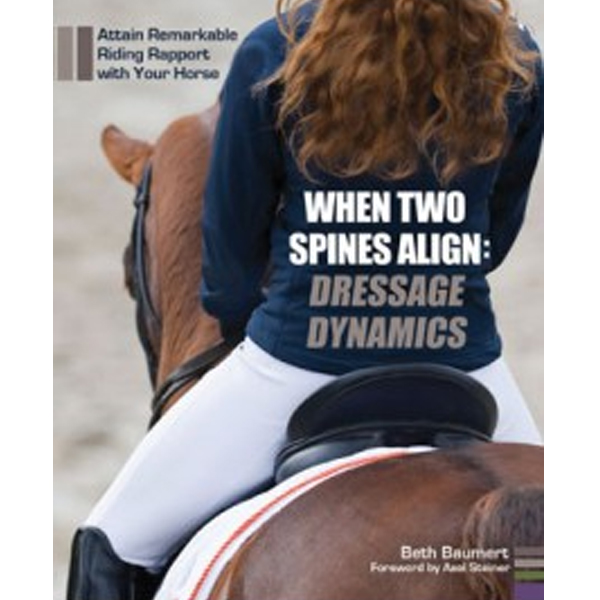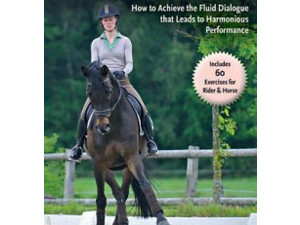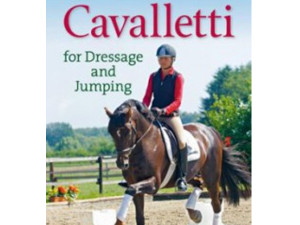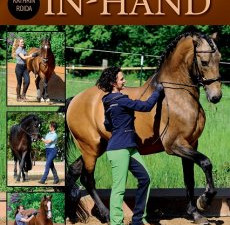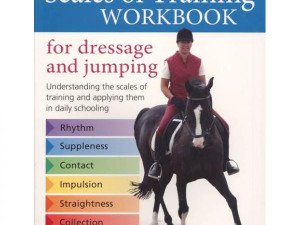When Two Spines Align
$69.95
When Two Spines Align Dressage Dynamics by Beth Baumert Hardback
Within riding exists a fundamental conflict of interest: The rider needs to have control— confidence depends on ability to control the balance of own body as well as that of a very powerful horse. The horse, by nature, needs to feel free—free in both mind and body to express himself through physical movement.
Readers will discover how to use “positive tension” and what the author calls the four physical “Powerlines”—Vertical, Connecting, Spiraling, and Visual—to become balanced and effective in the saddle. Readers will then find ways to understand and manage the horse’s balance and coordination challenges, including the fact that he is inherently crooked and naturally inclined to do too much with his front end and not enough with his hind.
In stock
Description
When Two Spines Align Dressage Dynamics by Beth Baumert Hardback
Within riding there exists a fundamental conflict of interest: The rider needs to have control—her confidence depends on her ability to control the balance of her own body as well as that of her very powerful horse. The horse, by nature, needs to feel free—free in both mind and body to express himself through physical movement.
Author Beth Baumert, writer and editor at the internationally recognized equestrian magazine Dressage Today, resolves the freedom-control enigma by taking a close look at the individual components that make up riding and dressage. Beth provides insight gleaned from years of working with the best riders, trainers, and judges in the dressage world, and details practical ways riders can learn to harness the balance, energies, and forces at play when they’re in the saddle.
Readers will discover how to use “positive tension” and what the author calls the four physical “Powerlines”—Vertical, Connecting, Spiraling, and Visual—to become balanced and effective in the saddle. Readers will then find ways to understand and manage the horse’s balance and coordination challenges, including the fact that he is inherently crooked and naturally inclined to do too much with his front end and not enough with his hind.
Ultimately, the rider learns to regulate and monitor the horse’s rhythm, energy, flexion, alignment, bend, the height and length of his neck, and, finally, his line of travel by properly aligning her spine with his. When the center of gravity of a balanced rider is directly over the center of gravity of a balanced horse, that place where two spines align becomes the hub for rider and horse harmony—a dynamic and remarkable riding rapport that yields beautiful performance.
Additional information
| pa_reference |
|---|

